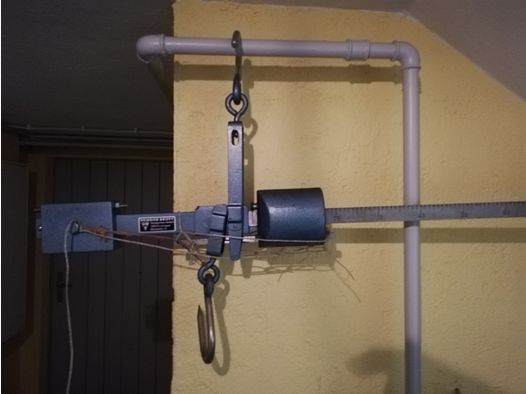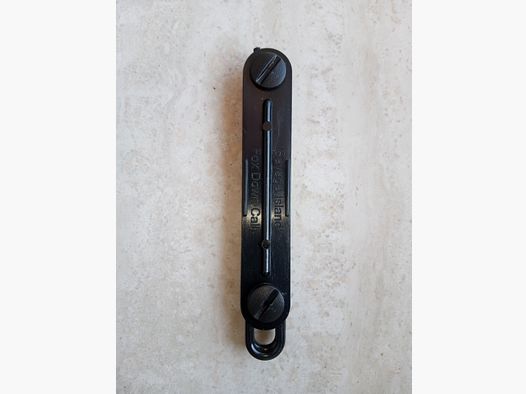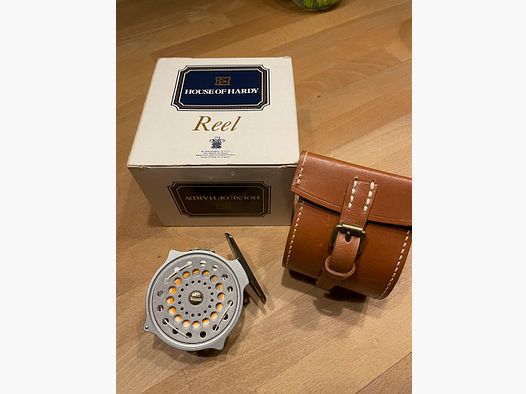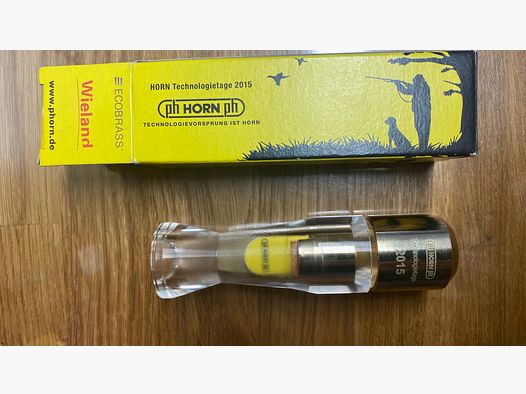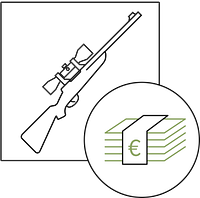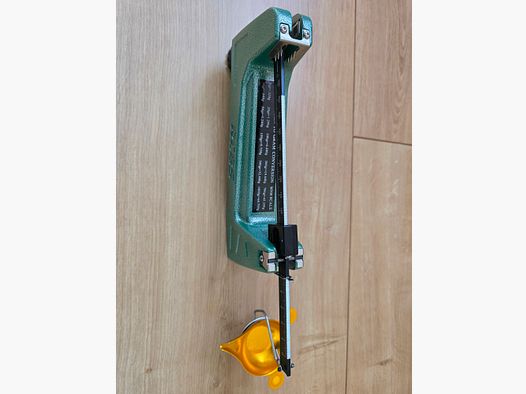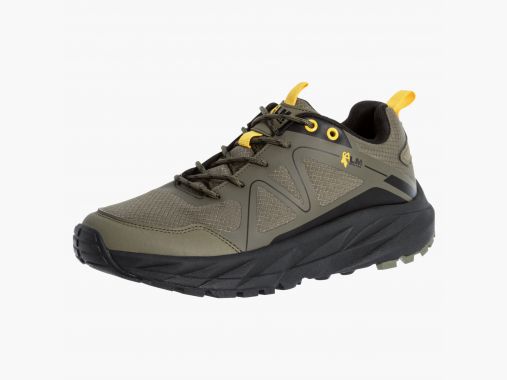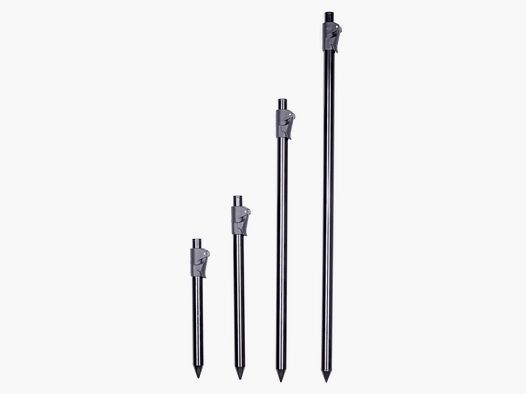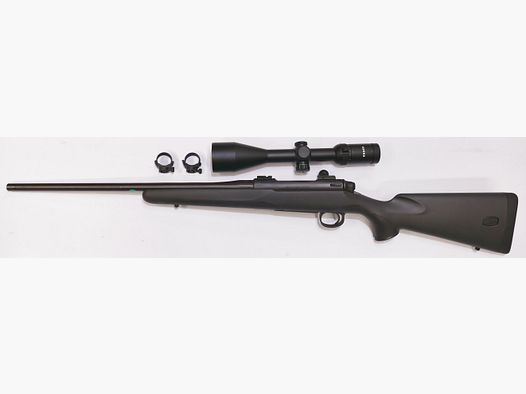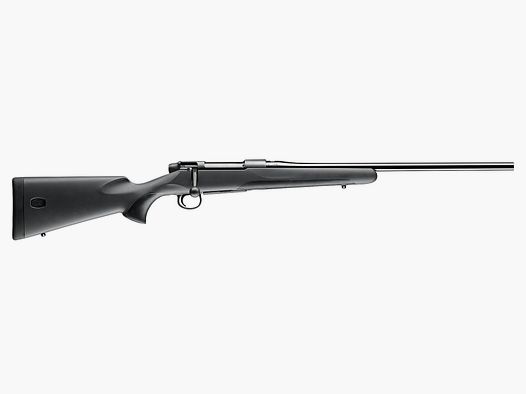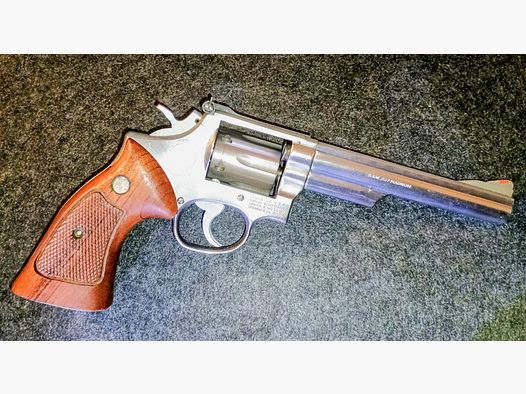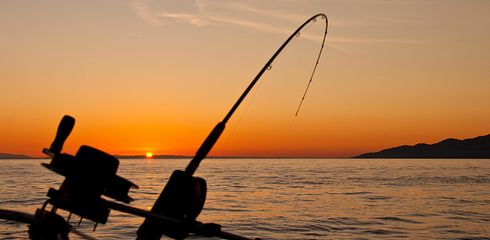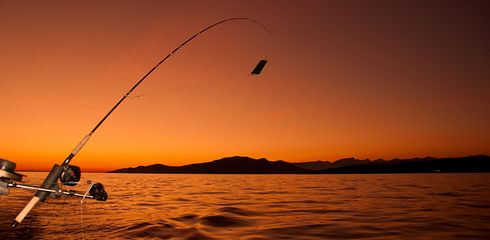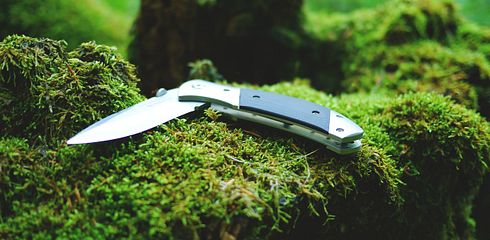Fishing is not just an outdoor hobby, but also a captivating journey through nature, where each catch represents a unique adventure. To capture these moments and track your progress, keeping a fishing log is a rewarding practice. In this comprehensive guide, you will learn how to effectively document your catch adventures and why this is invaluable not only for experienced anglers but especially for beginners.
1. The Benefits of a Fishing Log: More Than Just Notes
Keeping a fishing log goes beyond simple notes. It allows you to capture your experiences, track progress, and gather valuable information that can enhance your future fishing trips. Here are some of the key benefits:
Learning from Experiences: By recording catch times, fishing spots, weather conditions, and baits used, you can identify patterns and improve your chances of success.
Preserving Memories: Every fish has its own story. A fishing log is like a diary that preserves the memories of the most exciting moments by the water.
Developing Your Skills: By reflecting on your experiences, you can improve your fishing techniques and approach more strategically.
Sharing with Others: A well-maintained fishing log allows you to share your experiences with others. Whether on social media or in personal conversations, you can pass on valuable tips and learn from the experiences of others.
2. Structuring a Fishing Log: Framework for Success
An effective fishing log should be well-structured and contain all relevant information. Here are some elements you should include in your log:
Date and Time: Start with the timing of your fishing adventure. The date and time can significantly influence fish behavior.
Weather Conditions: Note the current weather conditions, including temperature, wind strength, air pressure, and cloud cover. These factors affect fish behavior.
Fishing Spot: Describe the location where you are fishing as detailed as possible. Note the terrain, water depth, and any special features.
Equipment Used: List the equipment used, including rod, reel, line, bait, and hooks. This helps you identify successful combinations.
Catch Details: Record each fish caught with species, size, and weight. This allows you to recognize trends in the behavior of certain fish species.
Special Events: Summarize special events, such as observing wildlife, unusual weather changes, or encounters with fellow anglers.
3. Tools for Documentation: From Diary to App
There are various ways to keep a fishing log, and the choice depends on personal preferences. Here are some tools you can use:
Paper and Pen: A simple diary is a traditional but effective method for recording your fishing adventures.
Photographs: Pictures often say more than words. Take photos not only of caught fish but also of the fishing spot and special moments.
Apps and Digital Platforms: There are a variety of fishing apps specifically designed for documenting catch adventures. They allow you to store data, share reports, and access weather and tide information.
4. Tips for an Effective Fishing Log: Quality Over Quantity
To make your fishing log truly meaningful, here are some tips to consider:
Be Precise: Note exact details to later recognize clear patterns and trends. "Good catch" is less helpful than "caught at 4 PM with a rubber bait near structure X."
Focus on Learning Effects: Identify which conditions led to successful fishing and learn from them. Experiment with different techniques and baits to improve your skills.
Share and Learn from Others: Exchange ideas with other anglers, whether in fishing clubs, forums, or through social media. Insights from others can broaden your perspective and increase your chances of success.
Develop a Routine: The more regularly you update your fishing log, the more valuable it becomes. A routine also helps you recognize patterns over longer periods.
5. Insight into a Sample Fishing Log: From Practice to Documentation
To put theory into practice, let’s take a look at a sample fishing log:
Date and Time: June 15, 2023, 2:30 PM
Weather Conditions: Sunny, 28°C, light wind from the northwest
Fishing Spot: City Park Lake, shallow shore areas near lily pad field
Equipment Used: Spinning rod (2.40 m, medium), spinning reel (2500), braided line (0.20 mm), lure (realistic coloring, 7 cm)
Catch Details: 2 pike, 45 cm and 52 cm, caught while slowly reeling in near lily pads
Special Events: Observed a kingfisher diving for prey; numerous dragonflies by the water
This example illustrates the precise and detailed capture of important information. The mentioned factors allow the angler to understand the circumstances of their success and document them clearly. In this example, the angler might recognize that pike are active in shallow areas near lily pads in sunny weather and respond positively to natural lures.
The choice of the right bait, the specific fishing technique, and the precise location of the fishing spot are crucial factors that can be derived from the log. These insights can be strategically applied in future fishing endeavors to maximize success chances.
6. Tracking Progress Over Time: A Look at Development
By regularly keeping fishing logs, you not only have the opportunity to analyze individual adventures but also to observe your progress over time. Here are some aspects you can track:
Catch Statistics: Track the number, size, and type of fish caught. This gives you insight into how your skills are developing and which techniques are most effective.
Variation of Fishing Spots: Experiment with different waters and fishing spots. Observe which locations yield the best results and which conditions contribute to your success.
Improvements in Equipment: Update or change your equipment and note how this affects your catch results. New rods, reels, or baits can have a significant impact.
Changes in Technique: Experiment with different fishing techniques and styles. Note which ones best suit your style and the conditions of your preferred water.
7. Share Your Experiences: Community and Knowledge
Another advantage of the fishing log is that you can share your experiences with others. This can happen through social media, fishing blogs, or local fishing communities. Here are some ways you can pass on your knowledge:
Social Media: Share photos, stories, and insights on platforms like Instagram or Facebook. This allows you to connect with other anglers and learn from their experiences.
Fishing Blogs: Start your own fishing blog where you regularly write about your adventures, techniques, and lessons. Blogs are an excellent way to share detailed information and build a fishing community.
Local Fishing Clubs: Join a local fishing club and participate in meetings or fishing events. Here you can share personal experiences and benefit from the knowledge of experienced anglers.
8. The Personal Touch: Emotions and Experiences
A well-maintained fishing log should not only contain numbers and facts but also reflect the personal touch of the angler. Share special moments, extraordinary encounters, or challenging situations. These emotional aspects make the log not only informative but also lively and entertaining.
Conclusion: A Fishing Log as the Key to Success
Keeping a fishing log is not just a way to document past adventures but also a crucial tool for development as an angler. Through precise records, clear analyses, and sharing experiences, you can not only improve your skills but also actively contribute to the community.
From choosing the right fishing spot to developing a personal fishing technique - a well-maintained fishing log is the key to understanding your own success factors. Use the variety of available tools, whether a simple diary, photographic documentation, or modern apps, to immortalize your adventures. Thus, each entry becomes not just a page in your fishing book but also a step towards new, exciting catch adventures. Good luck with your future fishing logs!



